Kathryn Schulz: On Being Wrong
From About.com - Question: What Is Cognitive Dissonance?
Answer:People tend to seek consistency in their beliefs and perceptions. So what happens when one of our beliefs conflicts with another previously held belief? The term cognitive dissonance is used to describe the feeling of discomfort that results from holding two conflicting beliefs. When there is a discrepancy between beliefs and behaviors, something must change in order to eliminate or reduce the dissonance.
Examples of Cognitive Dissonance Cognitive dissonance can occur in many areas of life, but it is particularly evident in situations where an individual's behavior conflicts with beliefs that are integral to his or her self-identity. For example, consider a situation in which a woman who values financial security is in a relationship with a man who is financially irresponsible.
The conflict:
- It is important for her to be financially secure.
- She is dating a man who is financially unstable.
A more common example of cognitive dissonance occurs in the purchasing decisions we make on a regular basis. Most people want to hold the belief that they make good choices. When a product or item we purchase turns out badly, it conflicts with our previously existing belief about our decision-making abilities.
How to Reduce Cognitive Dissonance: There are three key strategies to reduce or minimize cognitive dissonance:
- Focus on more supportive beliefs that outweigh the dissonant belief or behavior.
- Reduce the importance of the conflicting belief.
- Change the conflicting belief so that it is consistent with other beliefs or behaviors.
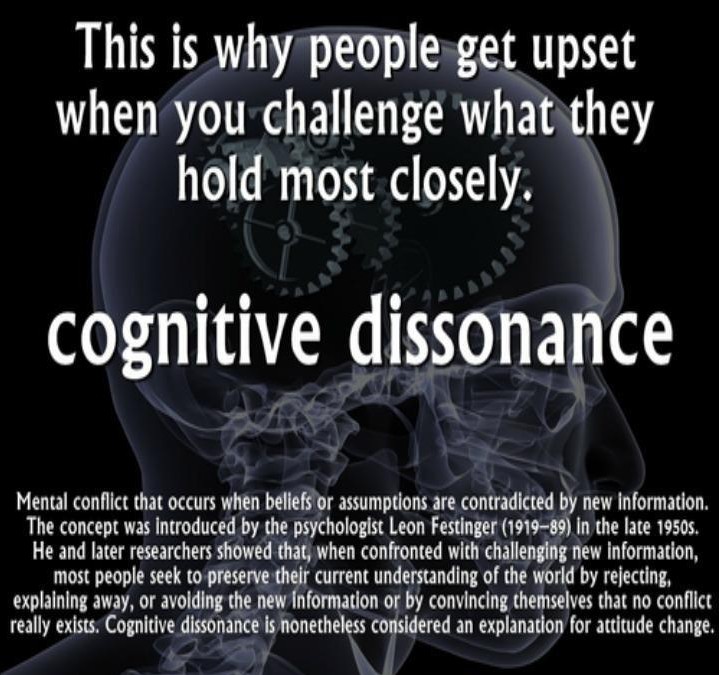
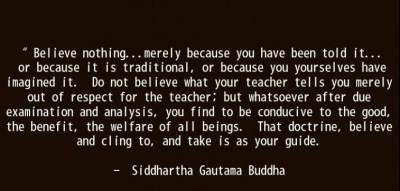


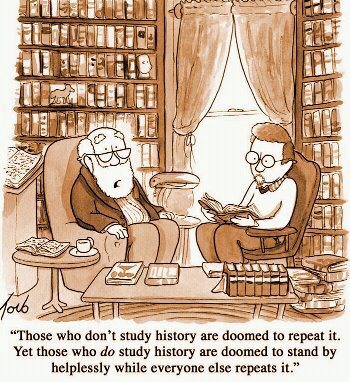
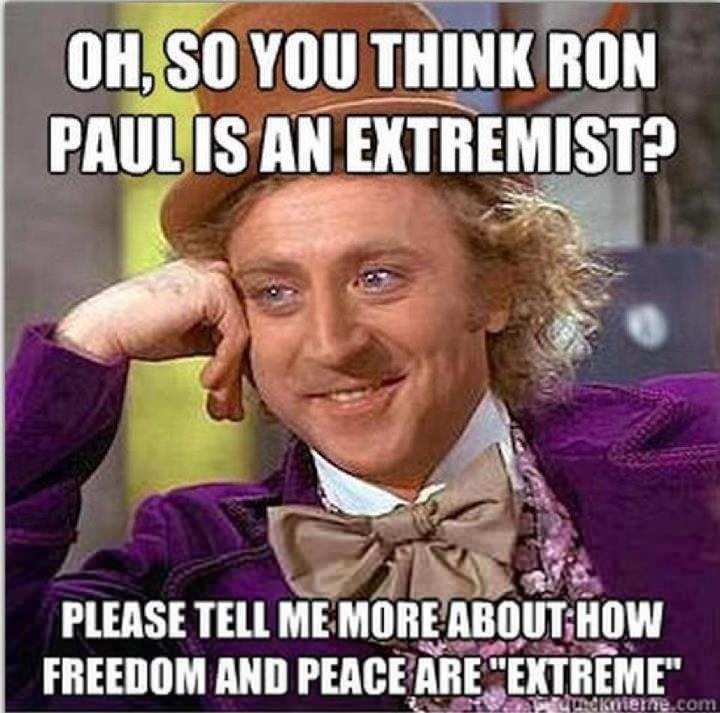


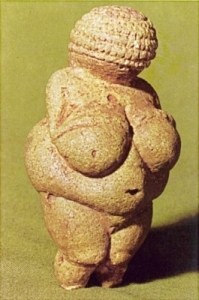
 RSS Feed
RSS Feed
